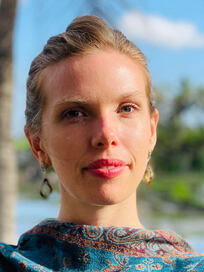
Madison Madden is an Ayurvedic practitioner, trained in California and India. She uses a detoxification practice called Panchakarma to help people remove toxics from their bodies, as part of an ancient medical tradition, which originated in India.
Madison is the author of a book called Mind Body Food, which tells the tale of her journey from a toxic pesticide exposure, as a toddler, through an impaired childhood. She finds yoga and Auryvedic medicine and walks a path to healing and health. Now she helps others along that path.
Madison is also an expert yoga and somatic practitioner and she lives in Colorado, where she's a consultant at Live Wise.
We reference this medical research about getting PFAS out of your blood. To find auryvedic practitioners in the USA look here.
Play audio, below:
| wmw_madison_madden_podcast_051523_.mp3 |
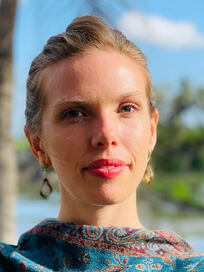


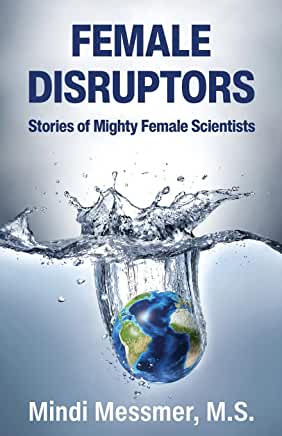
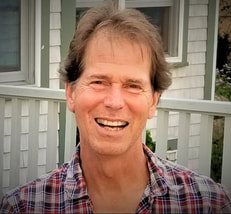
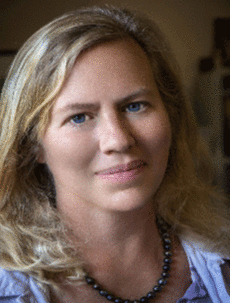


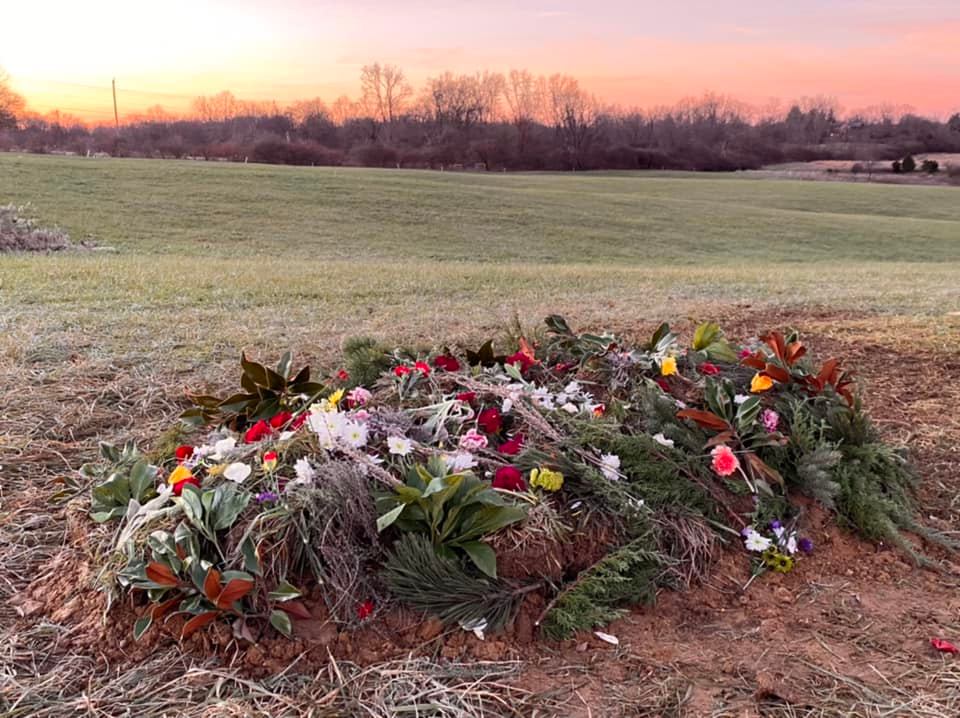
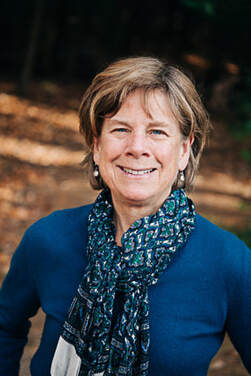
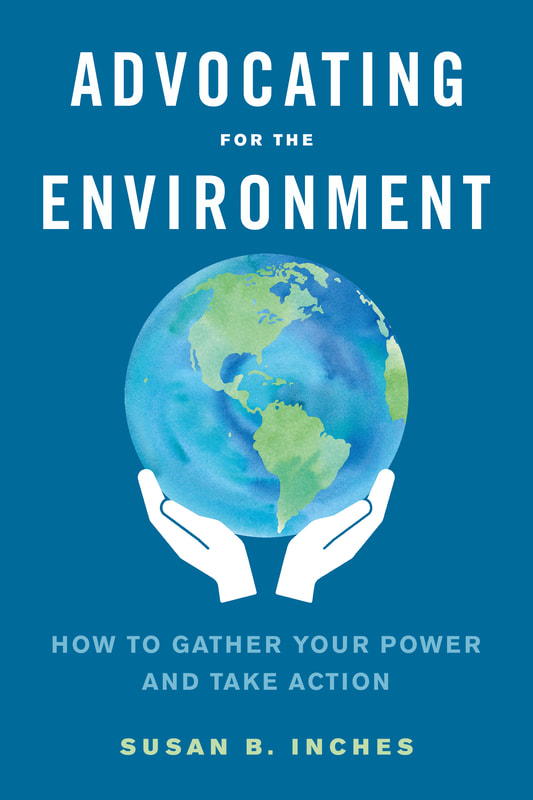

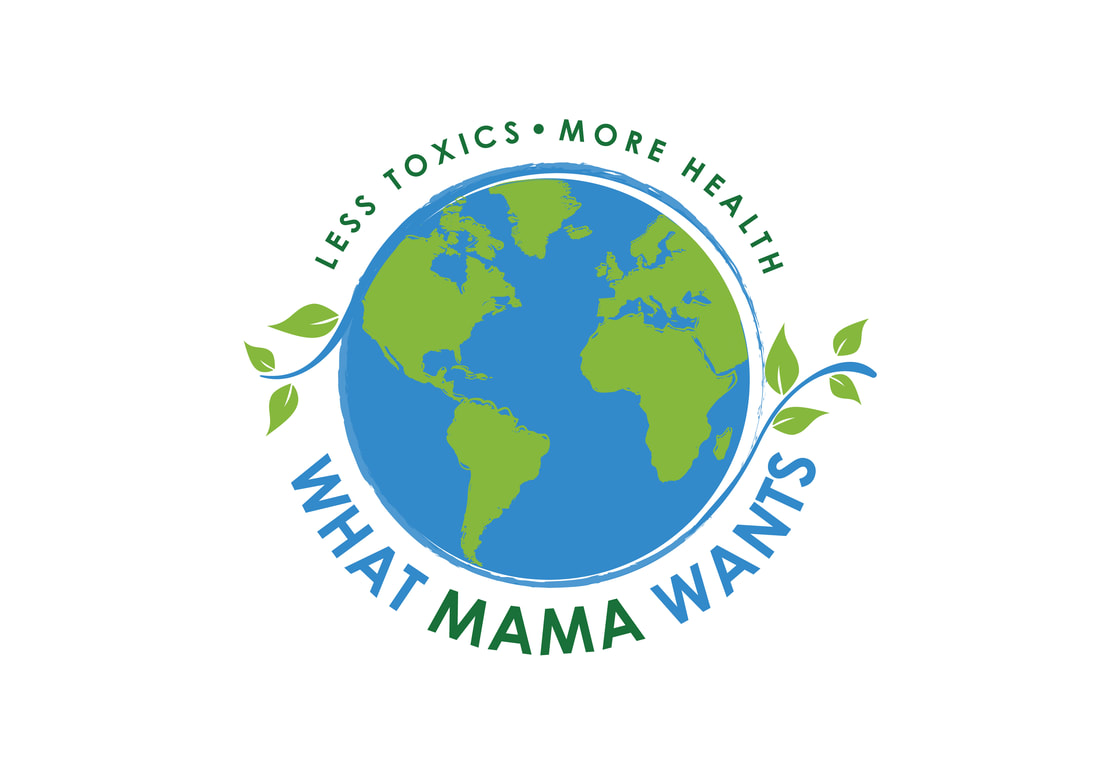
 RSS Feed
RSS Feed